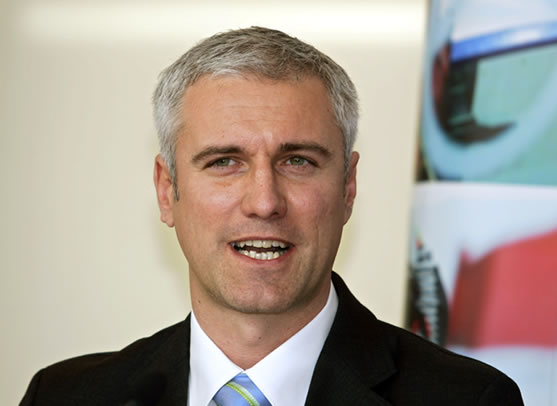London Calling- Paul Freudensprung
May 3, 2012
At the occasion of the Global Sports Forum Barcelona this March, Seb Coe stated that the development of tourism in the case of Barcelona was a success story that London had studied carefully for hosting the Olympic Games this summer.
As most cities bidding for or hosting the Olympic Games cite a growth in tourism as one of their main objectives, and with London 2012 at our door steps, it is worthwhile to have a closer look at the relationship of Olympic Games and Tourism. The tourism growth of Barcelona, Seb Coe has referred to, indeed has been a tremendous. Since the 1992 Olympic Games the city has tripled international tourist overnight stays and doubled airport arrivals to become the number 5 tourist city destination in Europe, second congress destination in the world and the top cruise port in Europe.
At least for the London 2012 organisers, Barcelona still seems to be the benchmark even after two decades. One wonders how other Olympic host cities after ’92 have fared? A number of academic studies and institutional reports with diverging conclusions have been published on the subject. According to the European Tour Operator Association (ETOA) that compiled and analyzed tourism data, no evidence can be found that Olympic Games indeed have a lasting impact on the host cities tourism industry. According to their findings even Barcelona’s growth in tourism was eclipsed by for instance Venice, Dublin, Prague or Lisbon during the same time frame, all cities that had not hosted a major event. Decrease in tourism arrival and hotel overcapacity troubled all Olympic host cities in the years immediately after the Games.
So what to expect for London during the Games? London has held the top spot as a tourist city destination for years, but could be pushed from that place in the Olympic year. Since the beginning of 2012, British newspapers have run a number of articles on a potential tourism slump during the Games.
Oxford Economics actually forecasted a lower number of visitors for London this summer than for the same period in 2011. Also, many tourism operators report a drop in bookings of leisure tourists of up to 60% for this summer period. Among the reasons mentioned are displacements of ‘normal’ tourists, price hikes in hotels and airfares, blocking of rooms by the organizing committee (which released 20% of the hotel rooms it had reserved earlier this year, as they are not needed) and difficulties to operate tour buses due to traffic restrictions. Some major operators have dropped London from their European package tours during the Games period and substituted it with other destinations.
While the disruptive effects on tourism during the Games are not new, it will be interesting to observe how London fares on tourism growth in the years after the Olympic Games. Some are concerned that tour operators, who avoid London this summer may not return to London. This certainly is an unfounded fear, given the many tourist attractions London hosts.
Paul Freudensprung : He has over 15 years of experience in the sport industry and specialises in directing and advising multi-stakeholder working groups at major events where different objectives and interests need to be aligned in order to develop effective event operations and functional venue infrastructure.
Paul has been involved in operations of 4 Olympic Games, 2 FIFA World Cups, and was the Games Plan Director of the 2014 Salzburg Olympic Winter Games Bid. In 2006 Paul set up his own consultancy company offering strategic solutions related to the development of integrated event operations programs, appraising contractual issues around venue agreements and supplier contracts and defining infrastructure development concepts and operational venue designs. He also teaches courses on event management for the MBA program at the European University in Barcelona.
Before joining the event management industry Paul spent 3 years conducting environmental and economic impact assessment of European transport infrastructure projects. Paul holds a Masters degree from the Faculty of Economics of the University of Sydney and a Masters degree from the Institute of Geography of the University of Vienna.
{jcomments on}



